Gallstones are at risk of leaking into the intestines causing intestinal obstruction - Photo: BVCC
How can gallstones cause intestinal obstruction?
Ms. Nguyen Thi T. (77 years old, Hanoi ) was taken to Bach Mai Hospital by her family for emergency care in a state of severe abdominal pain, bloating, and vomiting green fluid.
Doctors diagnosed her with a bowel obstruction - but what surprised many was that the culprit was a gallstone she had been carrying around for years without treatment.
With a weak constitution and underlying diabetes and Parkinson's disease, Ms. T's surgery was considered risky. However, doctors at the Digestive Surgery Center (Bach Mai Hospital) successfully intervened, both freeing the blocked intestine and thoroughly treating the disease source, which was the gallstone and the long-term infected gallbladder.
According to doctors, intestinal obstruction due to gallstones in medicine is called gallstone ileus - a rare but dangerous complication, often occurring in the elderly with long-term gallstones without treatment.
The gallstone, if not removed, can cause inflammation and perforation of the gallbladder wall and create a fistula into the duodenum. Through this fistula, the gallstone flows down to the small intestine and gets stuck in the ileum - where the intestine is narrow, causing obstruction.
The case of Mrs. T. is a typical example. She was diagnosed with gallstones many years ago but did not intervene because she had no obvious symptoms.
It was only when he experienced colicky abdominal pain, vomiting bile, and his abdomen gradually became distended that his family took him to the emergency room. The CT scan results showed typical images of intestinal obstruction due to gallstones, including gas in the bile duct, small bowel obstruction, and a gallstone in the intestine.
During the surgery, doctors discovered a large dilated small intestine, containing a lot of fluid and gas, and a stone located about 1 meter from the angle of the ileum and cecum, completely blocking the intestinal lumen. In addition, the patient's gallbladder was inflamed and atrophied and stuck tightly to the duodenum, creating a fistula measuring up to 2cm.
Do not delay gallstone treatment
According to Dr. Nguyen Ngoc Hung, director of the Digestive Surgery Center, Bach Mai Hospital, intestinal obstruction due to gallstones is the result of delaying treatment for gallstones for too long.
"If treated early before the stones cause complications, the patient can have simple, minimally invasive laparoscopic surgery and recover quickly. However, when intestinal obstruction occurs, especially in the elderly with underlying diseases, surgery requires opening the abdomen, treating the intestines, fistula and gallbladder, and facing a higher risk of post-operative complications," said Dr. Hung.
Mechanical intestinal obstruction, if not treated promptly, can cause electrolyte disturbances, intestinal wall damage, peritonitis, and a mortality rate of up to 20% - especially in the elderly.
Mrs. T's case was successful thanks to close coordination between specialties, from digestive surgery to endocrinology, neurology and anesthesia.
Gallstones are a fairly common disease, often found in the elderly, obese, diabetic, those who eat a lot of cholesterol or have lost weight quickly. Most patients do not have obvious symptoms, so they are easily subjective, ignoring monitoring and treatment.
However, according to doctors, gallstones are like a "time bomb". Although silent, they can still cause acute cholecystitis, infection, bile duct obstruction, even gallbladder perforation or intestinal obstruction.
Doctor Hung recommends that patients with gallstones, even if they are not yet in pain, should have regular check-ups and consult a specialist for advice on appropriate treatment methods.
LINH HAN
Source: https://tuoitre.vn/vien-soi-tui-mat-qua-bom-no-cham-gay-tac-ruot-20250606204619776.htm


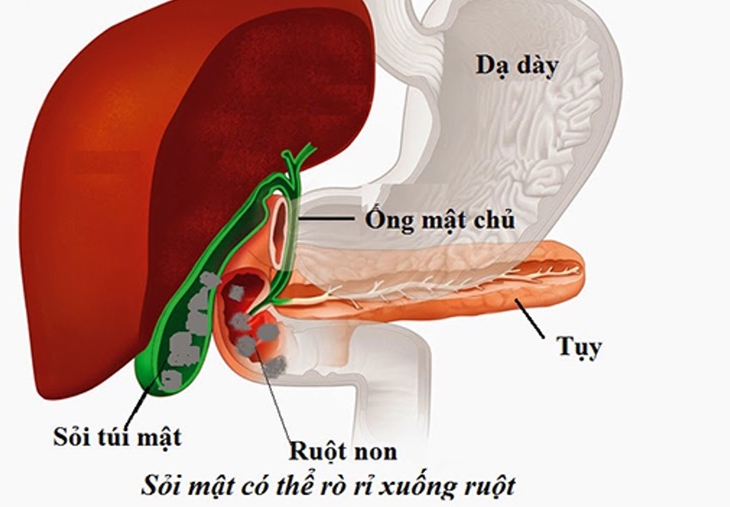
![[Photo] General Secretary To Lam works with the Standing Committee of Quang Binh and Quang Tri Provincial Party Committees](https://vphoto.vietnam.vn/thumb/1200x675/vietnam/resource/IMAGE/2025/6/25/6acdc70e139d44beaef4133fefbe2c7f)




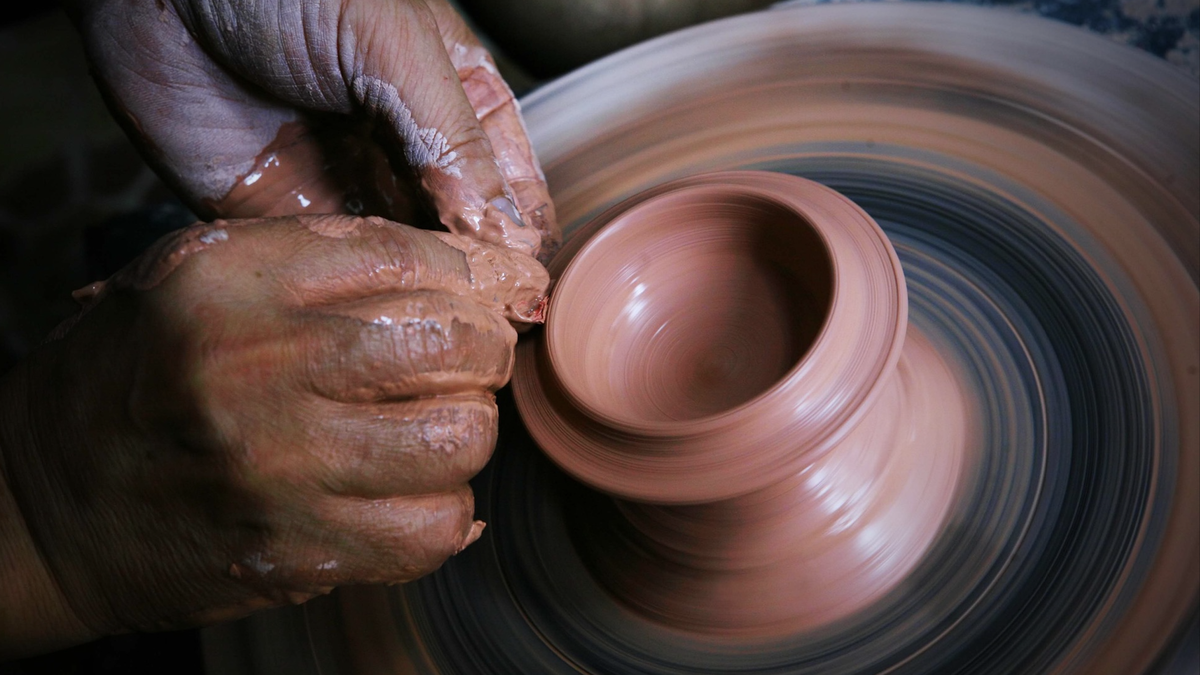









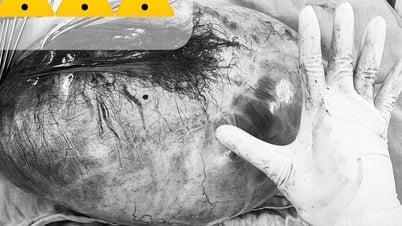












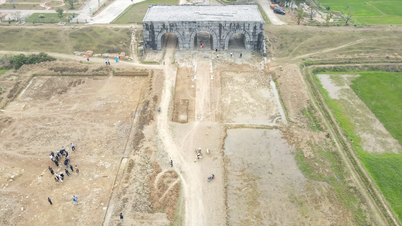




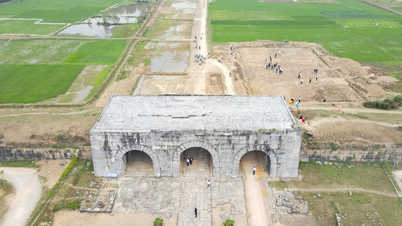


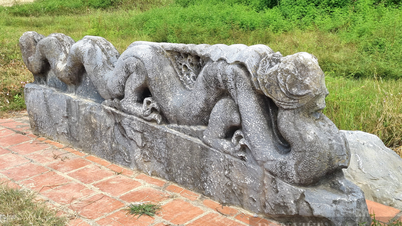



































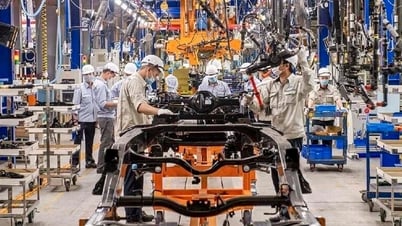





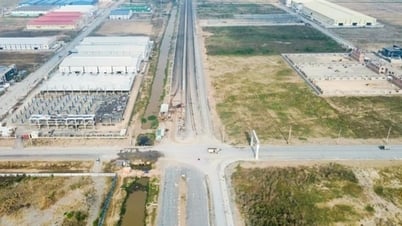






















Comment (0)